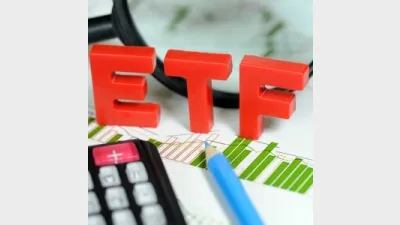ETF FUM down in March



Weaker global and Australian equity markets pushed total Australian exchange traded funds (ETFs) industry funds under management (FUM) 0.8 per cent lower in March and below Febuary’s peak, ending a 13-month run of positive growth, according to BetaShares.
At the same time, the firm’s “March 2018 Australian ETF Review” found that March still saw positive net inflows into the industry with $481 million of net flows.
International equities continued to be the largest category for inflows and accounted for just under $200 million, and was followed by Australian equities which managed to attract $180 million in net inflows.
BetaShares’ chief executive, Alex Vynokur said that the slowdown was caused not by a lack of net buying by investors but rather market forces.
“We have seen a solid 13 months of uninterrupted growth in the industry, but coming into the second month of the year, global equity markets fell significantly, and despite the continued positive flows, the industry slowed in line with the fall in markets,” he said.
However, this contributed to the strong performance of products providing short exposure.
“Similar to last month, we saw many investors using exchange traded products to not only take long positions during the global share-market sell-off, but also to hedge portfolios using short products,” Vynokur added.
Recommended for you
Financial advisers have expressed concern about the impact including private market exposure is having on their tracking error budget, according to MSCI.
State Street will restrict its membership of global climate alliance Net Zero Asset Managers after the organisation dropped its flagship 2050 goals amid ESG backlash from the US.
Betashares has launched a global shares and a global infrastructure ETF as part of the firm’s strategic expansion strategy to support financial advisers in building more diversified portfolios.
Global asset manager Janus Henderson could be acquired after receiving a non-binding acquisition proposal jointly from a private investment firm and venture capital firm.












